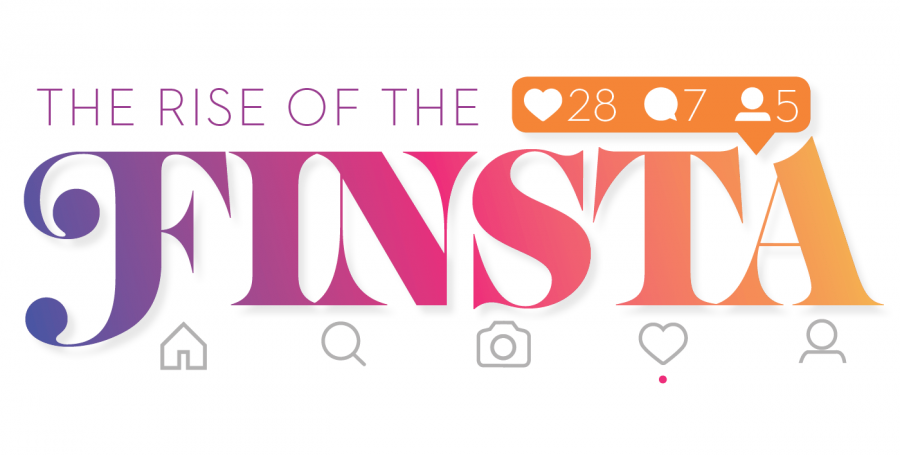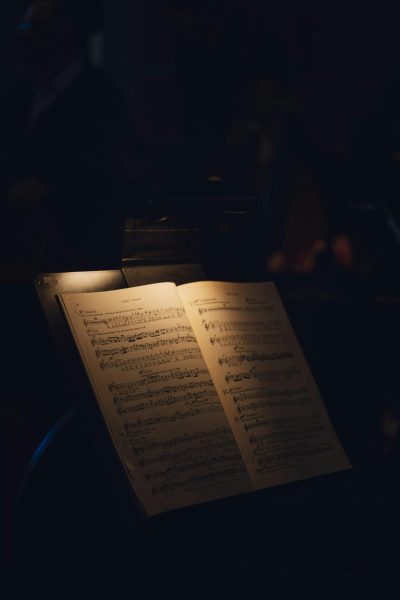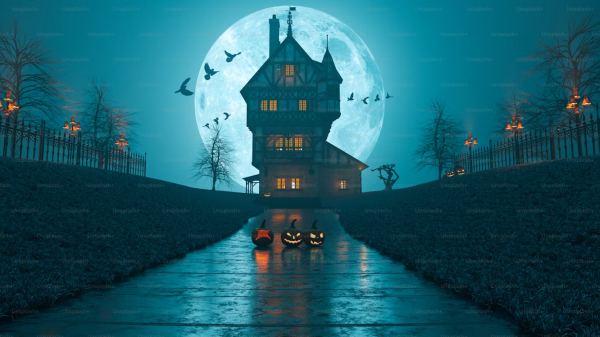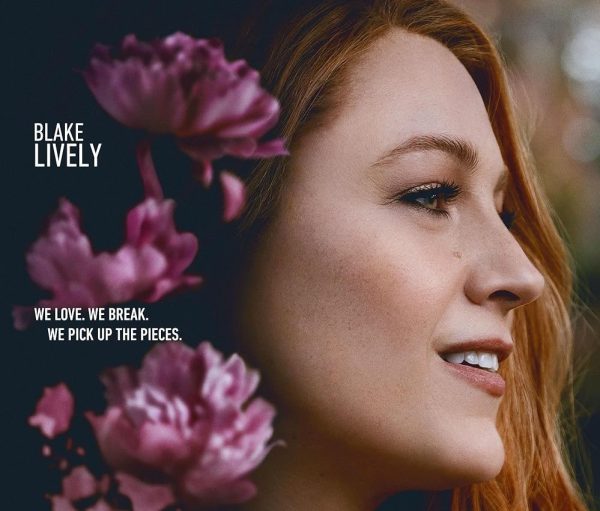Generation Z’s new form of therapy: private accounts
Let’s face it—although social media has been become essential in our everyday lives and has been fundamental in shaping youth culture over the past decade, the idea of posting our lives to everyone we know is scary. It’s the reason many of us only show the perfect, most ideal versions of ourselves. It’s the reason many celebrities use photoshop or quit social media all together (cue Taylor Swift jokes). Social media is a place of kind communities and supportive fans, but it is also full of harsh critics and trolls and can cause way too much anxiety for only a few hundred likes.
This has led to the concepts of private accounts—for Instagram, it’s called a Finsta, or a fake Instagram account. On Twitter, it’s simply a private account or private Twitter. It’s private, obviously, as the name suggests, letting the user accept or decline those who request and essentially choosing who has access to their thoughts/opinions/problems/etc. The point of these accounts is to allow a safe place to rant or let out feelings of anger, sadness, pretty much anything is up for grabs. In response, friends and family comment words of encouragement or comfort, creating a small, supportive community. Now this has slowly become revolutionary as the current generation transitions from texting one friend about a problem and instead posting to her few tens of followers, reaching a wider audience. It all goes back to the true intention of social media, to transmit information across to a greater range of people, and this is no different.
In a way, the existence of Finstas and private Twitters is therapeutic. There’s something oddly satisfying and relieving to type an essay worth to your closest friends and not feel judged. It’s also another thing to express accomplishments on a smaller platforms and being able to get feedback from those you truly care about. It helps build relationships with friends as well, with a simply follower request acceptance meaning you are now closer friends than before. All of this may seem very, well… tedious, teenager-ish, if that’s even a word (it’s not). You can almost hear the 30 year-old man on Twitter yelling to go outside and enjoy the world. Despite that, there’s no denying that private accounts are simply a product of social media and the culture kids nowadays have grow up with.

Hi! My name's Courtney and I'm the publicity manager and honorary team leader. I'm looking forward to doing great things for the Outlook this year, including...








